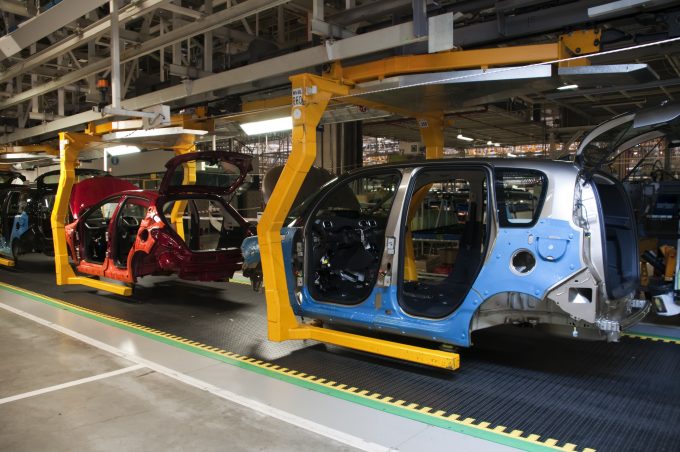Bears vs bulls in the automotive supply chain – until the wheels come off
Are forwarders in the driving seat?

Here’s an interesting view of the future from TechCrunch, which looks at how the automotive supply chain is set to be transformed by the wide-scale adoption of self-driving cars. It argues that the network of various tiers of suppliers to OEMs is set to be replaced by a network of software engineers as the very function of a car changes from purely a means of conveyance “into a new-age entertainment hub, with captive consumers surrounded by its technology for an average ...
Four crew members still missing as Wan Hai 503 continues to burn
Explosions and 'out-of-control' fire reported on Wan Hai box ship
Predatory rivals circle as the ripples from DSV's Schenker buy widen
MSC Elsa crew face criminal probe, as Wan Hai 503 firefighters battle on
Latest Israeli attack on Iran a threat to box ships in Straits of Hormuz
'It's driving us mad', say forwarders as US court fails to end tariff turmoil
Transpacific rates ease as capacity boost proves too much for trades to digest

Comment on this article